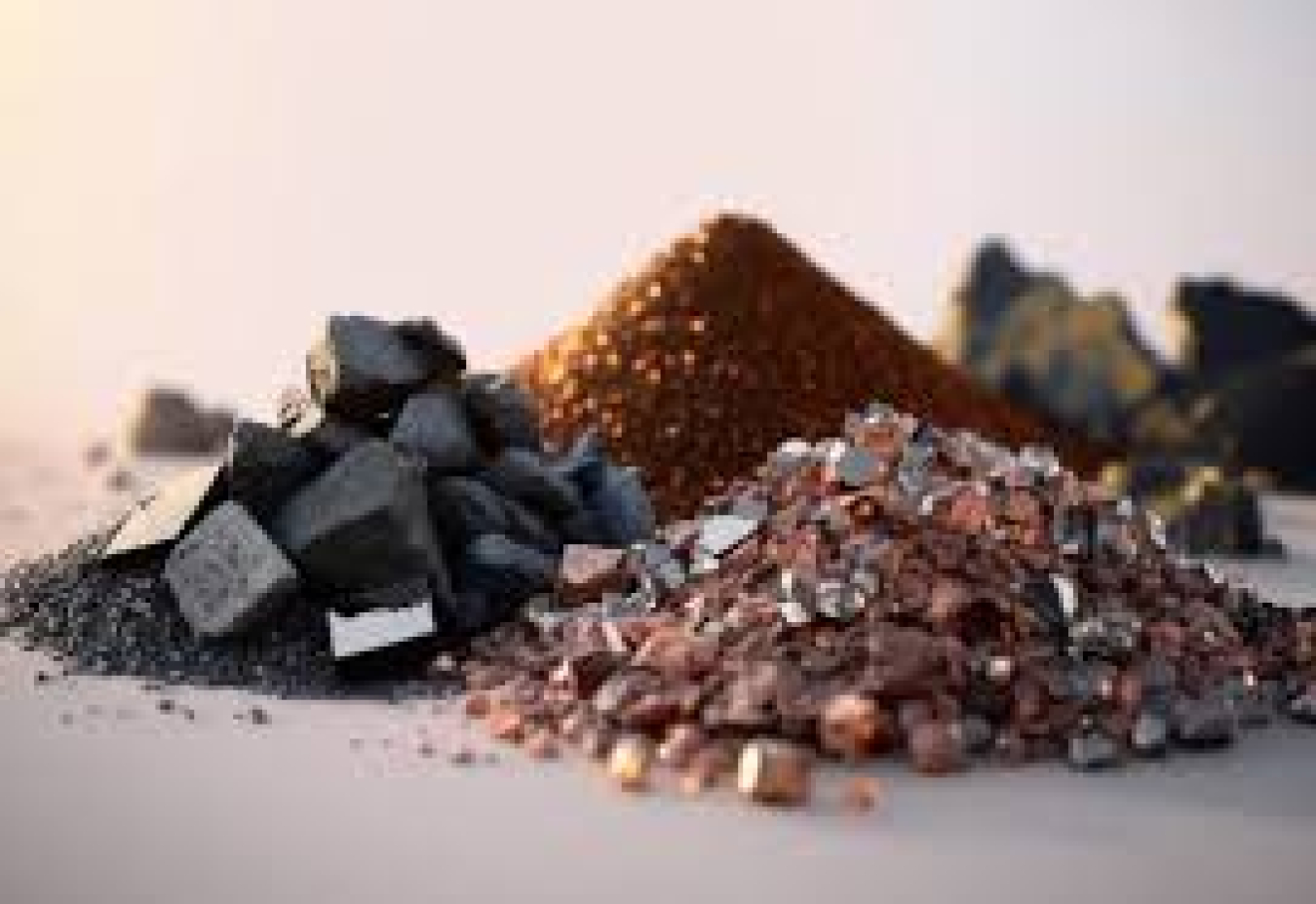The Critical Materials Innovation Hub announced up to $10 million to accelerate the early-stage technology research and development necessary to reduce material criticality for energy innovations requiring critical materials.
Advanced Materials & Manufacturing Technologies Office
November 15, 2024
The U.S. Department of Energy’s (DOE’s) Critical Materials Innovation Hub (CMI Hub) announced up to $10 million in federal funding to accelerate the early-stage technology research and development (R&D) necessary to reduce material criticality for energy innovations requiring critical materials – rare earth elements, gallium, and copper.
“The continued investment into innovative R&D critical materials projects is key to securing domestic, reliable, and resilient supply chains,” said Chris Saldaña, director of DOE’s Advanced Materials and Manufacturing Technologies Office. “DOE and the CMI Hub are putting a specific emphasis on industry partnerships to facilitate adoption and bring these solutions to market.”
This request for proposals (RFP) solicits proposals for projects across the following topic areas:
- Environmentally benign rare earth metal and alloy production.
- Efficient gallium byproduct recovery, separation, and concentration.
- New compounds to reduce gallium content in gallium nitride semiconductors.
- Improved processes for gallium semiconductor manufacturing that minimize waste generation.
- Improved copper sulfide leaching to unlock copper resources from mine waste.
These topics are informed by the CMI Hub roadmap and represent complementary research areas to the existing CMI Hub project portfolio. The selected projects will bring new membership to the CMI Hub, expanding focus and expertise on gallium, which is used to manufacture LED light bulbs, communications chips in smartphones, and high efficiency power supplies. Other projects will explore new research areas related to copper, which is essential for renewable energy, energy storage, and electric vehicles, and expand the CMI Hub’s long-standing efforts on rare earth elements.
The Hub anticipates making up to eight awards, with all projects receiving a maximum of $1.5 million in federal funds including a required 20% cost share for funds that go to industry partners. Projects will have a period of performance of up to 30 months.
Concept papers are due by 6:00 p.m. ET on Dec. 20, 2024.
View the full request for concept papers and submission requirements.
Join the information session on Tuesday, Nov. 19, at 2:00 p.m. ET, to learn more about the request, areas of interest, proposal process, and more.
- Teams Link
- Meeting ID: 283 554 966 329
- Passcode: nJkrMH
Founded in 2013, the Critical Materials Innovation Hub, formerly the Critical Materials Institute, is a DOE Energy Innovation Hub led by Ames Laboratory focused on eliminating and reducing reliance on critical materials that are subject to supply disruptions and price fluctuations. DOE renewed the CMI Hub for a third, five-year phase of operations that began in November 2023. The CMI Hub is part of DOE’s broader investment on critical minerals and materials.

